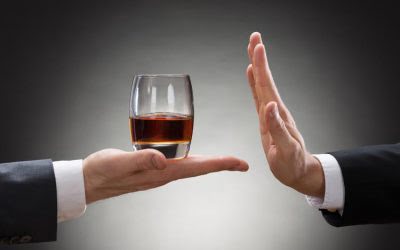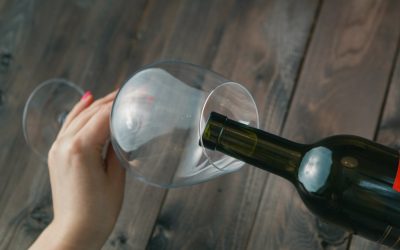There are no lab tests that define recovery and no universally agreed-on definition of recovery. For many experts, the key components of addictive disorder are compulsive drug use that continues despite detrimental consequences, and the development of cravings with the inability to control use. Addiction develops over time, in response to repeated substance use, as the action of drugs changes the way the brain responds to rewards and disables the ability to control desire for the drug. Loved ones who are concerned about a person’s drug or alcohol use may consider an intervention. Ongoing support and follow-up care are important in the recovery process to prevent relapse.
By developing a comprehensive individualized treatment plan for each of our clients, we are able to create a therapeutic environment that fosters physical, emotional, and spiritual growth and well being. On the other hand, inpatient treatment involves staying at a specialized facility for a specific period of time. This type of treatment provides a structured and supportive environment where individuals can solely focus on their recovery without any distractions. Inpatient treatment is highly recommended for individuals with severe addiction or those who require a higher level of care. Therapy and counseling play a crucial role in the recovery from drug addiction.
Comprehensive Therapy
The sooner you seek help, the greater your chances for a long-term recovery. Talk with your health care provider or see a mental health provider, such as a doctor who specializes in addiction medicine or addiction psychiatry, or a licensed alcohol and drug counselor. Talk to your family and friends and ask for their encouragement and sup-port. If they use your object of addiction, ask them not to do so in front of you.
In one set of studies looking at some measures of dopamine system function, activity returned to normal levels after 14 months of abstinence. Over time, reward circuits regain sensitivity http://www.people.su/36555 to respond to normal pleasures and to motivate pursuit of everyday activities. Areas of executive function regain capacity for impulse control, self-regulation, and decision-making.
Other life-changing complications
You may also want to consider if anyone in the list of friends and family should not be included. Examples are if a person is dealing with their own addiction and may not be able to maintain sobriety, is overly self-motivated or self-involved, or has a strained relationship with the person the intervention is for. Committing to change includes stages of precontemplation and contemplation where a person considers changing, cutting down, moderating, or quitting the addictive behavior.

These medicines can reduce your craving for opioids and may help you avoid relapse. Medicine treatment options for opioid addiction may include buprenorphine, methadone, naltrexone, and a combination of buprenorphine and naloxone. For alcohol and drug addictions, it is a good idea to talk to a doctor https://belfastinvest.net/money/alcohol-addiction.html or local drug clinic about whether you need medical help in quitting. There are options for medications to help alleviate withdrawal symptoms. In some cases, you may need medical supervision during the detox process. Take time to contact friends and family who will support you in your goals.
What to do when driving skills decline
In this section, we’ll explore key strategies to stay on track and avoid slipping back into old patterns. From identifying triggers and high-risk situations to crafting a personalized relapse prevention plan, we’ll equip you with the necessary tools to navigate potential stumbling blocks on your path to healing. Additionally, we’ll delve into the importance of maintaining a healthy and balanced life in order to strengthen your resilience against temptation. Mark, a recovering addict, faced cravings and triggers after completing detoxification and therapy.

In fact, people in recovery might be better off if the term “relapse” were abandoned altogether and “recurrence” substituted, because it is more consistent with the process and less stigmatizing. There are some friends who are better left behind—those http://junctionofchannels.ru/t/519236 who are linked to the addictive experience. People in the throes of addiction are not capable of the best form of friendship. Further, those friends can serve as a cue that sets off drug craving and challenges the recovery process.

